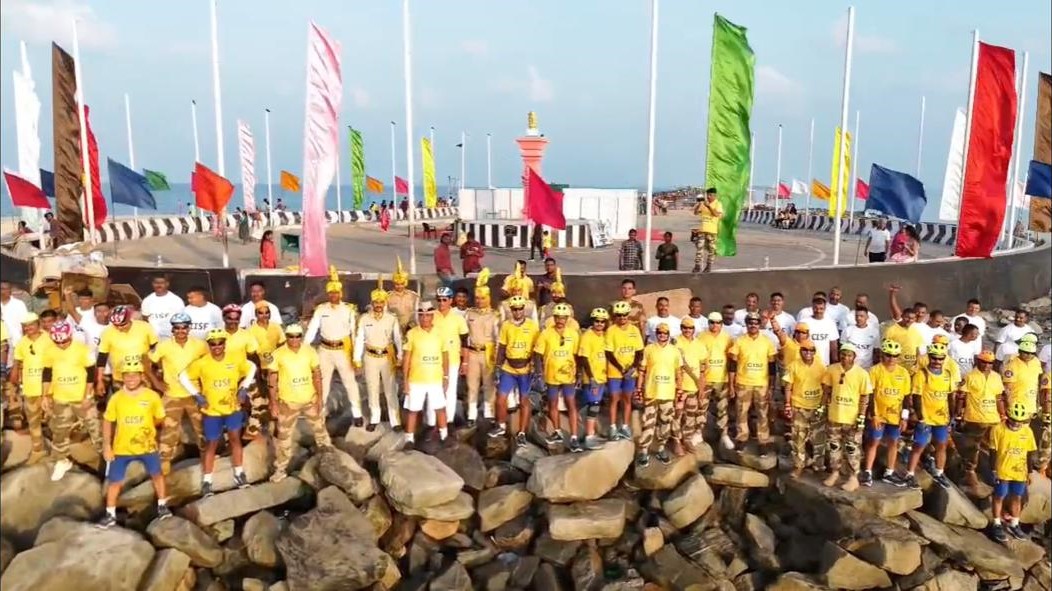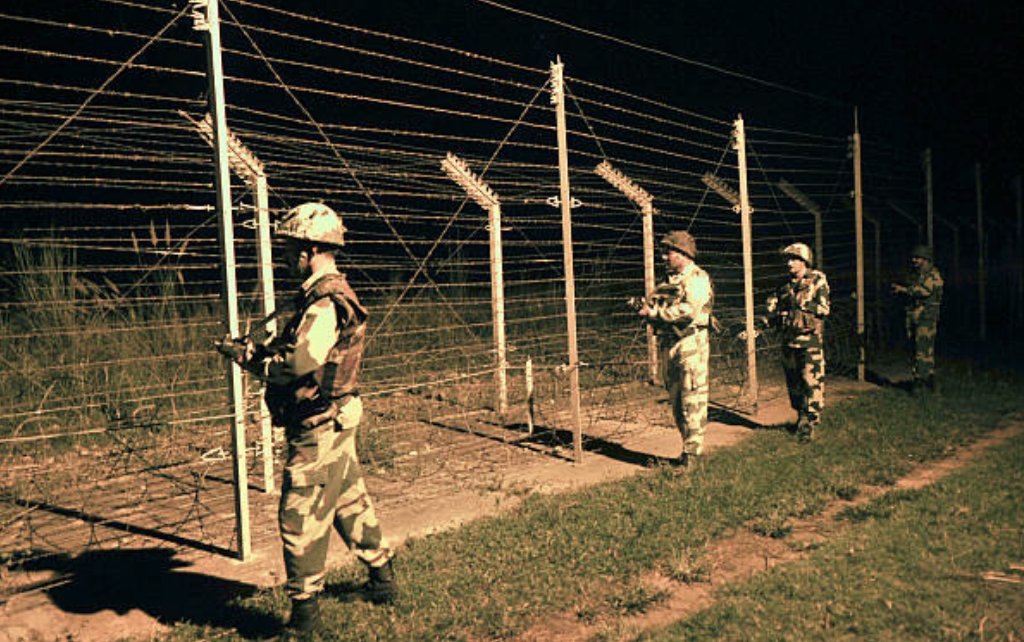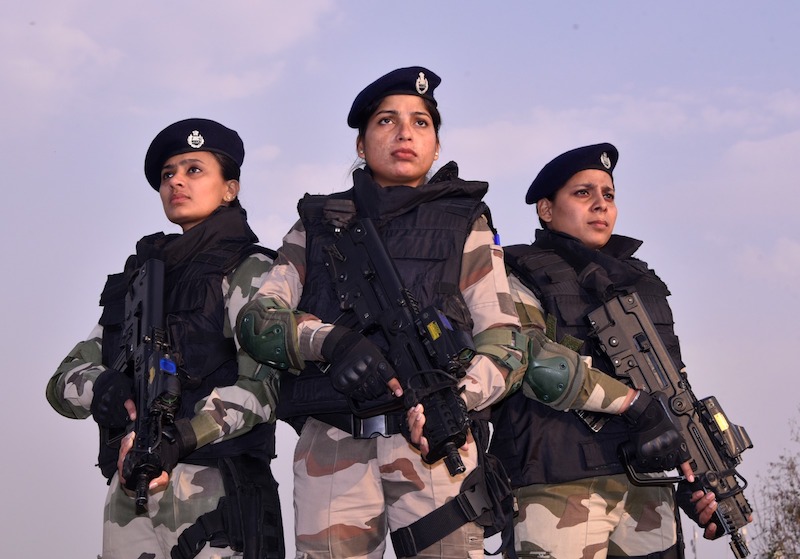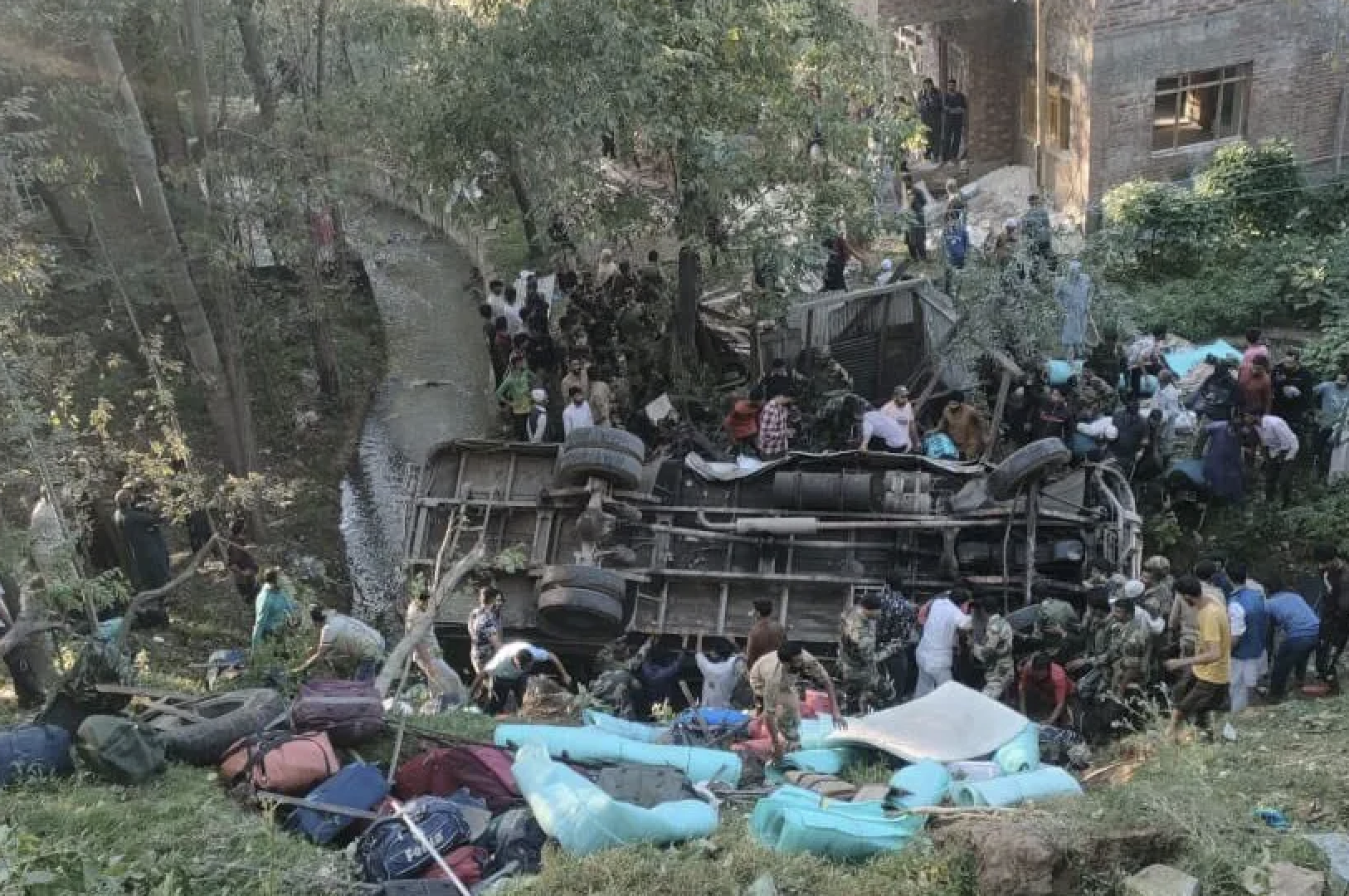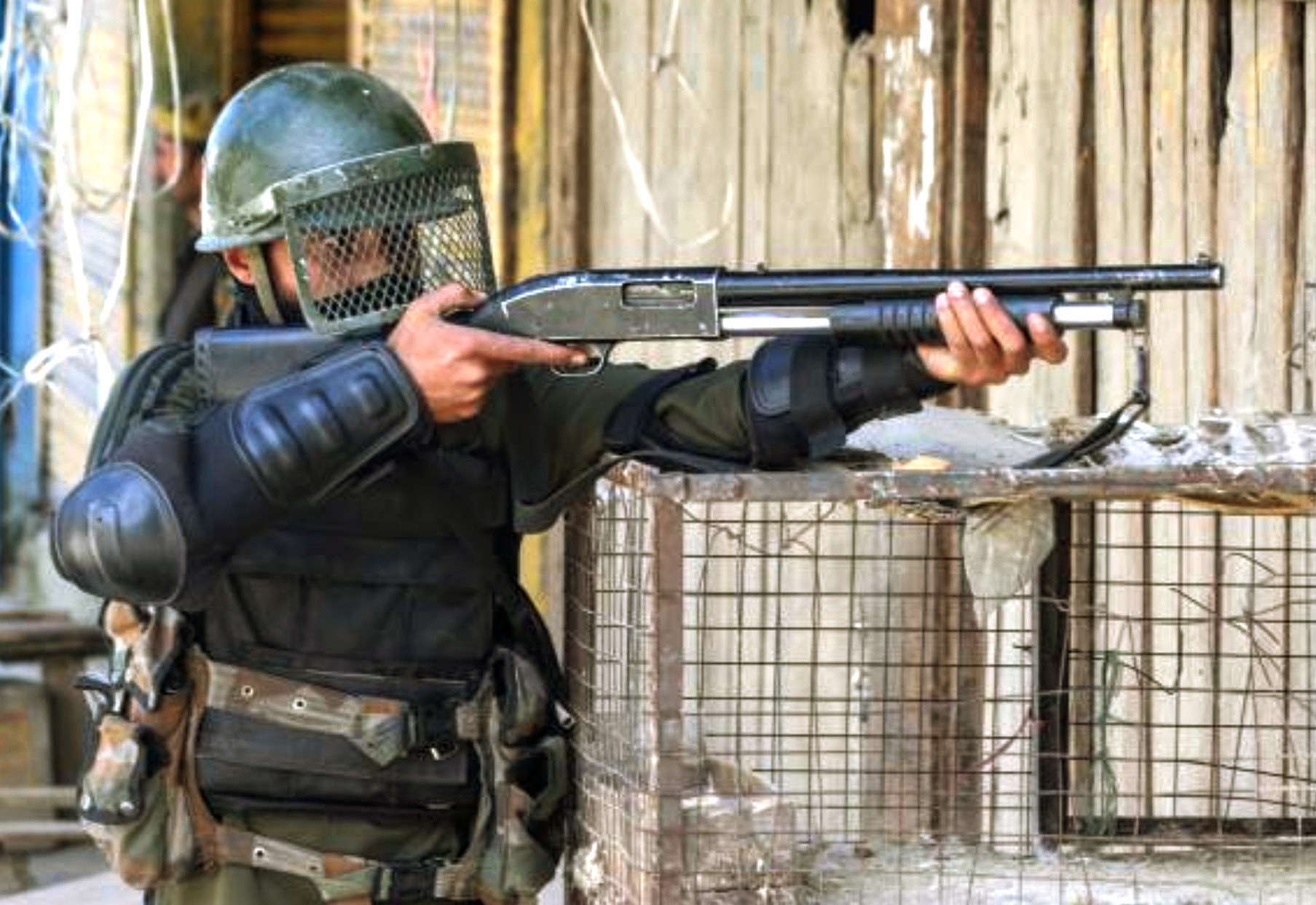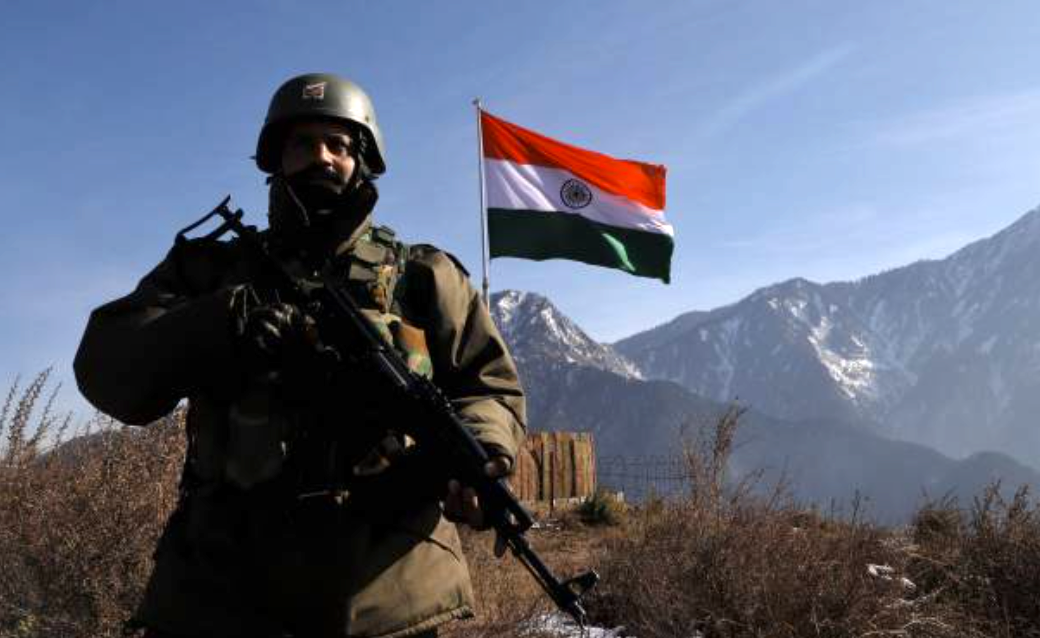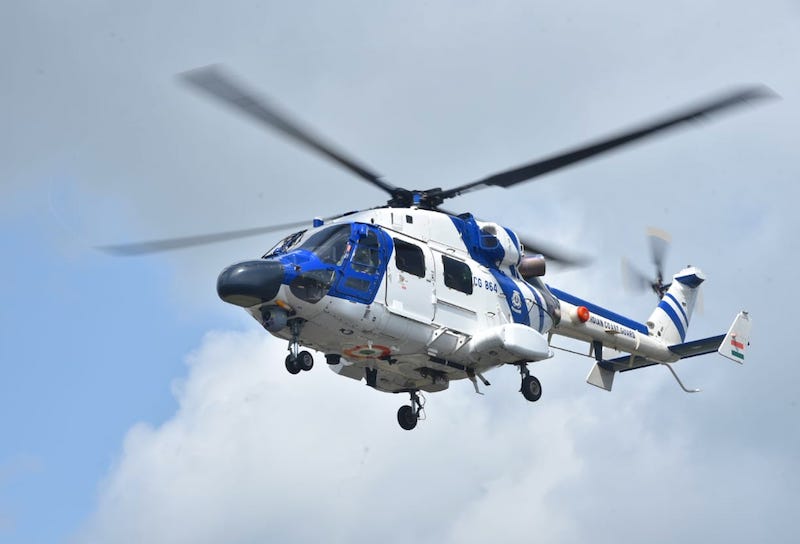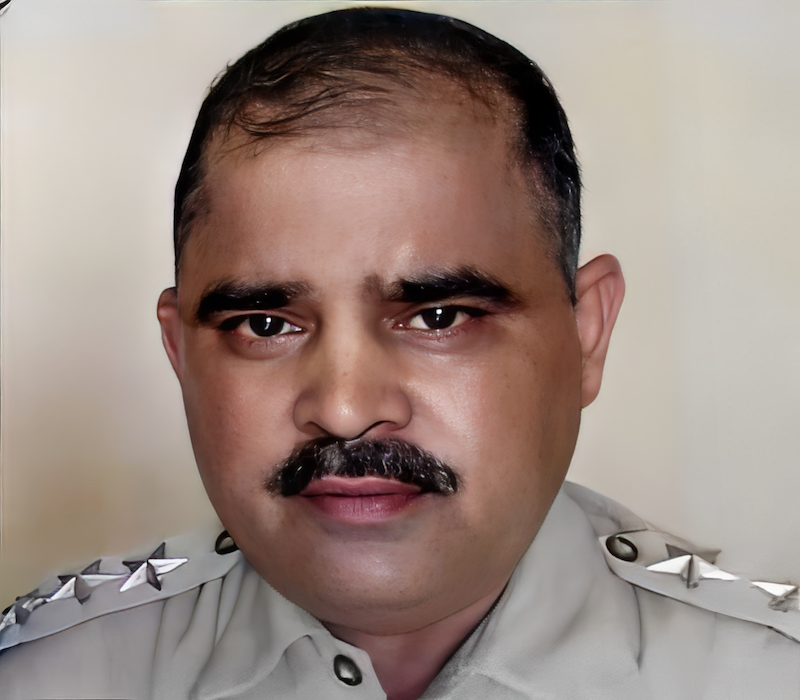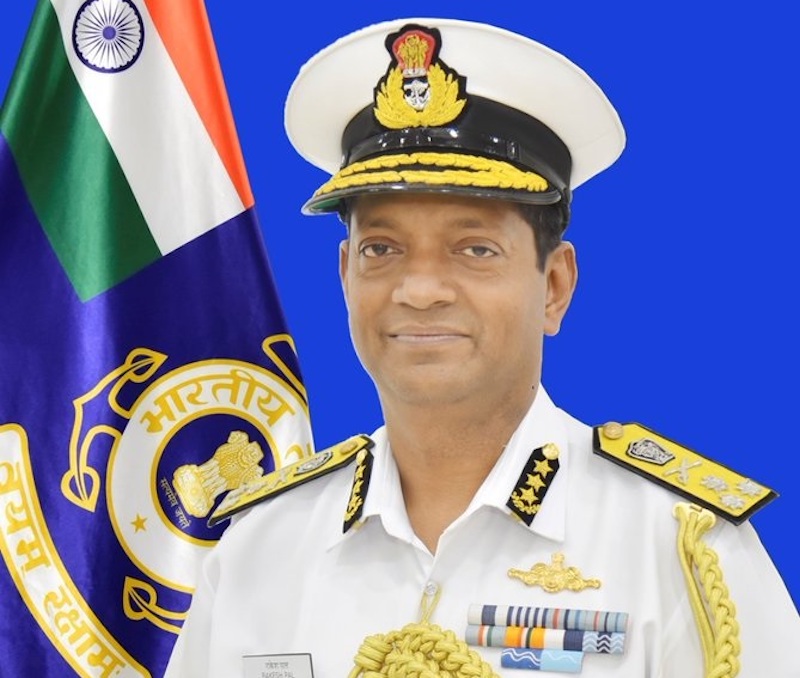
Imphal: The Assam Rifles along with members of the Zeliangrong Naga tribe and civil administration commemorated the death anniversary of Naga freedom fighter Haipou Jadonang at Sankhomei village and Tamenglong district in the Khoupum valley. The event was held at the Assam Rifles’ Senapati district headquarters, on Tuesday.
The events witnessed an overwhelming response from the members of the Zeliangrong tribe, including men, women, and students. They gathered at the site to pay homage and celebrate the life and contributions of the freedom fighter.
The aim of the event was to acknowledge the contribution of Haipou Jadonang in the Naga people’s freedom movement from the British colonizers and his efforts in promoting social reforms.

As part of celebrations, a set of activities were organized at Gaidimjang in the Khoupum valley, which included wreath-laying ceremony, a women’s volleyball match, a men’s football match, a tug-of-war, and a medical camp organized by a team of doctors from the Noney-based Assam Rifles.
The celebrations at Sankhomei and Senapati included paying of tribute to the freedom fighter followed by a cultural event and the celebrations at Tamenglong. This included a painting competition for local students on the theme of Haipou Jadonang life and contribution to the freedom struggle and society.
The event was attended by dignitaries and representatives from various walks of life, reflecting the shared reverence for Jadonang’s legacy.

Briefing reporters about the event, an official said, “Through this commemoration, Assam Rifles, which is also known as the sentinels of the northeast, and the Zeliangrong tribe of the Naga community reaffirmed their commitment to preserving the history and values that bind the region together.”
About Haipou Jadonang
Haipou Jadonang’s real name was Jadonang Malangmei. He was born in 1905. He founded the “Heraka” religious movement, which was based on the ancestral Naga religion, and declared himself to be the “messiah king” of the Nagas. His movement was widespread in the Zeliangrong territory before the conversion to Christianity. He also championed for “Makam Gwangdi” (Naga Raj) with the idea of forming an independent Naga kingdom.
Apart from Jadonang’s strive to make the Naga people adopt its ancient religion by moving away from converting to Christianity or adopt new religious practices, his Heraka movement had a political objective. He wanted his people to stop their inter-tribe and inter-village feuds and communal tension and unite against the foreigners.
This brought him in conflict with the Brtish colonial masters.
He had heard of Mahatma Gandhi and his freedom struggle and expressed his solidarity towards him. He also planned to meet him during Gandhi’s visit to Silchar, in southern Assam.
In 1931, the British captured Jadonang and jailed him in Imphal prison.
Jadonang was tried for the murders of Manipuri traders, which he had denied taking full responsibility. However, in June 1931, Jadonang was convicted of the murders at a trial and sentenced to death by the British colonial court. He was hanged to death on August 29, 1931, on the bank of the Nambul river behind the Imphal jail.
He buried in accordance with Naga traditions in Puiluan, his native village, in Manipur.
All photos in this story were acquired via special arrangement.

